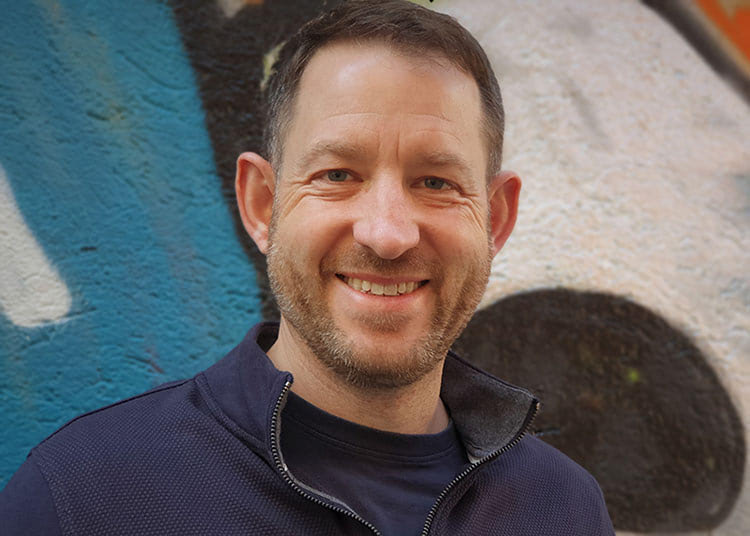Learning from the SME’s reshaping our economy

The waves that the Levy and new Standards caused across the vocational education world now seem like ripples in a pond compared to the tsunami of Covid19. Yet, the resilience of people in the education sector (along with many others) has been incredible to see. The response of colleagues, colleges and private providers has (in the main) been truly spirited.
During this current uncertainty, I was encouraged by a recent survey and report from the peer-support network for leaders of SME businesses – MD2MD. The report ‘Brave the New World’ provides useful insight into the thinking of this critical part of our economy.
According to the Federation of Small Business, SMEs account for three fifths of the employment and around half of turnover in the UK private sector. The response of our SMEs to the Covid crisis will clearly have a huge impact on the shape of our economy and future skills requirements.
The feedback in the survey highlights that many of the businesses expect to be significantly smaller as a result of Covid19. Some won’t make it at all. Cost cutting has already begun and could go deeper. Caution and uncertainty are the biggest risks to a ‘bounce-back’ in the economy. The volumes of people displaced from a variety of vocations could be huge.
However, the entrepreneurial nature of our SME leaders also means that many are already reshaping their businesses, products and services to reflect the changing world. There is a positive response to the government SME support schemes, which many believe will provide that vital lifeline and cash injection to support growth and renewal.
Many are already being brave in taking the decisions that will be essential to their business recovery and that of our economy. There is even optimism amongst this group of business leaders that by 2021 revenues could be up from where there were in 2019 – if they can get through 2020. This is encouraging reading, and we can only hope they are right.
The report also indicates that there are particular winners. Businesses that have been in the right place at the right time. Their biggest challenge is scaling up, acquiring resources and building capabilities that they need to make the most of the opportunity. The opportunities across a range of sectors (the appendix is particularly helpful for this) and the expected shape of consumer demand is worth understanding.
“The crisis is expected to reinforce and speed up some existing trends. The already fast move from physical to online / digital for both retail and working patterns is likely to accelerate. As is the increasing consumer preference for buying from businesses run ethically with a clear social purpose behind their commercial operation. A trend likely to be reinforced by a period when government spend will be an even greater proportion of the economy.”
The shifts in business operations, consumer behaviours and government priorities that are envisaged are significant. But this will be heavily reliant on the capabilities and skills of the working population. Skills shortages have been a real constraint on economic growth for decades, and this is unlikely to change. Reskilling will clearly be an essential part of ensuring that those who are displaced from their current roles can be redeployed to new roles in our future world. Education providers have vital role to play here.
Whilst I suspect the reality is that the toughest times are yet to come for many organisations (including the education sector), this report encourages us to #bebrave. Listing the challenges ahead is easy. Creating a new, positive vision for the sector is much harder and will require real bravery.
It may well be painful, but the report also highlights that:
“the deep disruption is likely to cause many businesses to make fundamental changes to improve their operations. Similarly, at a macro level the winners and losers effect will mean the rebasing and reinvention may result in a more productive economy. The five to ten year and longer outcome may be stronger as illustrated by the ‘roaring twenties’ and the ‘post war boom’.”
Change is unavoidable. Listening to employers and learners leading that change will be key to harnessing the opportunities that will lie ahead. This ‘deep disruption’ is a opportunity to shape the education sector to better reflect demand for skills, offer more flexible approaches to learning and deliver more effective outcomes for learners and employers.
I have recently read lots of social media encouraging us to #bekind and I think this emphasis is super important in the way we all respond to the current challenges. Sometimes the best way for leaders to #bekind is to #bebrave – certainly in the long view.
Action taken in these next few months will determine the social impact of education providers and colleges in the years ahead. And like these SME leaders, our bravery in the changes we make will also be vital to kick-starting and reshaping our economy.
Ben Pike
Ben has held MD level roles in education businesses over the last 20 years. Most recently at industry leading QA, where he built their apprenticeship division that helped 25,000 people into tech and digital roles over a 10 year period. QA was recently awarded Ofsted Good (January 2020).











Responses